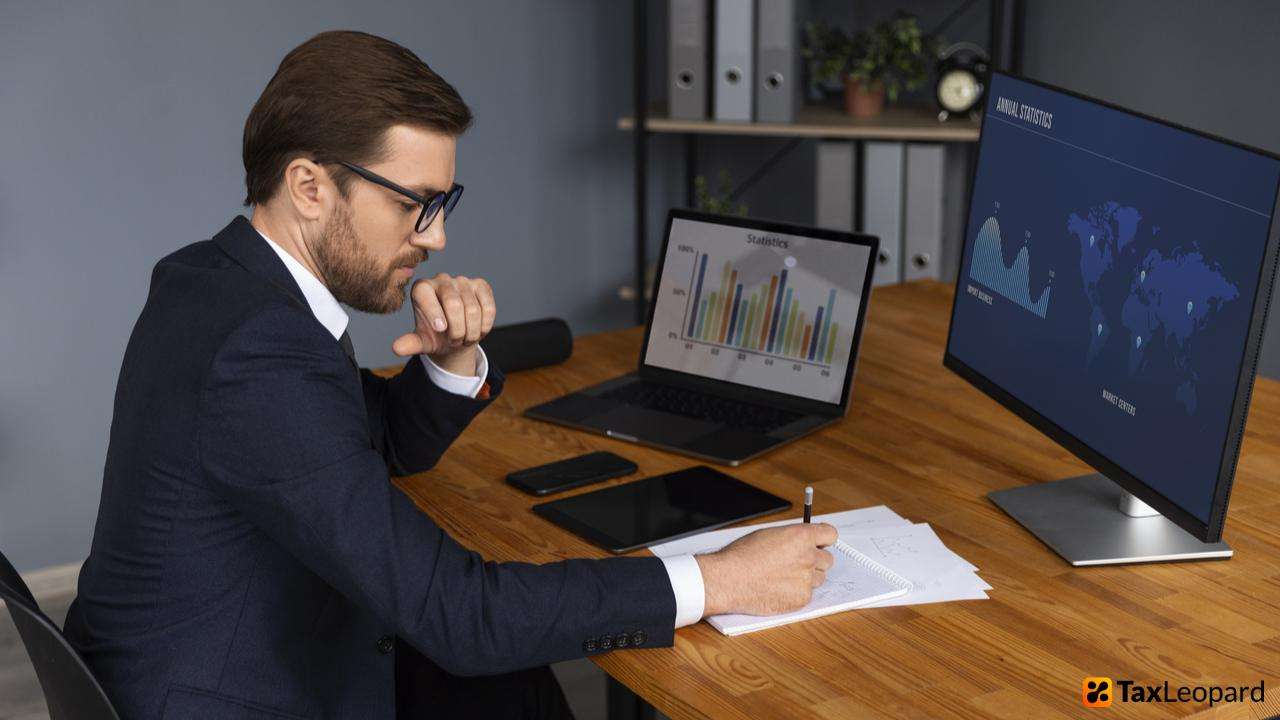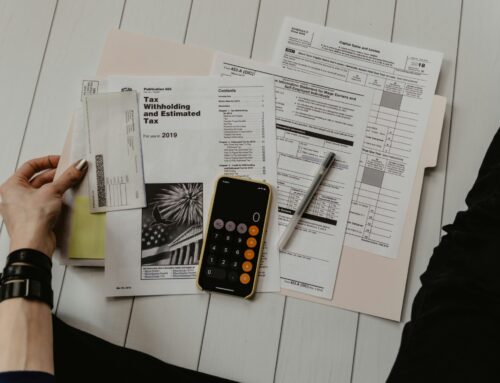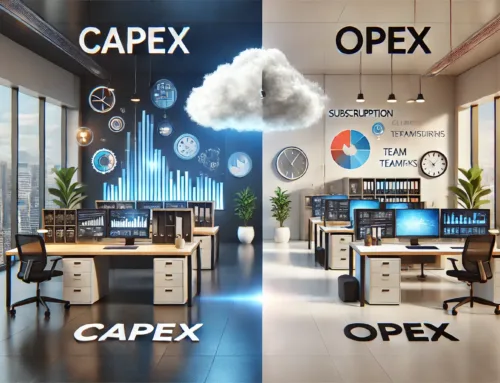With ever-changing tax laws and a number of potential deductions, it’s easy to feel overwhelmed. Many sole traders miss out on valuable tax deductions, impacting their financial well-being. The solution lies in understanding the nuances of income tax, work-from-home deductions, and travel expenses. This article provides a comprehensive guide to sole trader tax deductions. It covers everything from claiming a deduction to understanding the fixed rate for home office expenses. Dive into the details and unlock the potential of tax deductions for your business.
Importance of Tax Deductions for Sole Traders
For sole traders, tax deductions are crucial in reducing the overall tax burden. They allow you to deduct work-related expenses from your income, lowering your taxable income. This can lead to significant tax savings and improved financial health. However, it’s essential to understand tax law and adhere to the guidelines set by the ATO to ensure the accuracy and legitimacy of your claims.
What Can I Claim on Tax?
When filing your tax return, it’s crucial to understand what you can claim as a tax deduction to reduce your taxable income. The Australian Taxation Office (ATO) allows various deductions, including work-related expenses, travel expenses, and the decline in the value of assets.
It’s important to keep receipts and records of all deductible expenses throughout the financial year. This ensures you can substantiate your claims if required by the ATO.
Tax law can be complex, so consider consulting a tax professional to ensure you claim all eligible deductions and comply with Australian taxation regulations.
Can I Claim Business Travel Expenses as a Sole Trader?
As a sole trader, you can claim tax deductions for business travel expenses. This includes accommodation, meals, and transportation costs incurred during your business activities. When lodging your tax return, ensure you have records to support your claims. It’s important to remember that personal travel expenses are not deductible. Consult the ATO website for specific rules regarding travel deductions.
Can I Claim Motor Vehicle Expenses as a Sole Trader?
Sole traders are entitled to claim deductions for motor vehicle expenses related to business activities. This includes fuel, maintenance, and depreciation costs. You can choose between the logbook method or the cents per kilometre method for calculating your claim. Keep accurate records of your vehicle usage to substantiate your claims. Personal use of the vehicle cannot be claimed as a deduction.
Advertising and Marketing Expenses
Advertising and marketing expenses can be tax-deductible for sole traders in Australia. These expenses might include the cost of online advertising, printed materials, or hiring a marketing consultant. To claim these deductions, you must prove that the expenses directly relate to generating business income. It’s important to keep records of all marketing-related expenses to claim them on your tax return.
Machinery and Equipment Expenses
As a sole trader, you can claim tax deductions for various machinery and equipment used in your business in Australia. These include:
- Office Equipment: Costs for computers, printers, and other essential office gear are claimable.
- Tools and Equipment: Hand tools and power tools used in your trade are deductible.
- Vehicles: If you use cars or trucks for business purposes, you can claim related expenses.
- Plant and Machinery: Items like forklifts and tractors used in operations are claimable.
- Furniture and Fixtures: Business premises fixtures like desks and chairs are deductible.
- Technology: Software and digital devices used for business purposes are claimable.
- Protective Gear: Safety equipment and uniforms required for work are deductible.
It’s important to remember to keep records of all purchases and usage for these items to substantiate your claims. Consult the ATO website or seek tax advice from a registered tax agent for more information on tax deductions you can claim.
Work From Home Tax Deductions

When working from home, you can cover several types of expenses:
- Home Office Costs: This includes a share of rent, mortgage interest, and utility bills for your work area. You may use the fixed rate method of 67 cents per hour for these expenses.
- Office Equipment: You can claim expenses for computers, printers, and furniture used for work. These are tax deductible.
- Communication Bills: A portion of your phone and internet bills related to work can be claimed.
- Stationery Supplies: Items like paper, ink, and pens used for work are deductible.
- Heating and Cooling: You can claim the extra cost of heating or cooling your work area.
- Cleaning Expenses: If you have a specific area for work (for instance if you employed a carpet cleaning service for your home office), you can claim its cleaning costs.
Remember to keep all receipts and records to support your claims. You can lodge your tax return with these deductions to potentially increase your tax refund. For detailed guidance, consult the ATO website or seek advice from a registered tax agent.
Self-Education Expenses for Sole Traders
Self-education expenses can be claimed as tax deductions by sole traders if they directly relate to their business activities. This might include courses, seminars, or books that enhance your business skills. To claim these expenses, you must demonstrate their relevance to your current business income. Keep receipts and records of all self-education expenses to claim them on your tax return.
Maximizing Tax Deductions
- Keep accurate records of work-related expenses, including home office costs and office equipment.
- Use the fixed rate method for home office expenses, claiming 67 cents per hour.
- Don’t forget to claim deductions for vehicle and travel expenses related to business.
- Seek advice from a registered tax agent for tailored tax advice specific to your occupation.
- Consider self-education expenses that enhance your business skills as potential tax deductions.
- Consult the ATO website for updates on tax deductions and the revised fixed rate method.
- Remember, donations and investment expenses may also be tax-deductible.
- Always lodge your tax return on time to avoid penalties and maximize refunds.
- Use tax deductions wisely, focusing on expenses that directly relate to earning business income.
Conclusion
Sole traders in Australia have a variety of tax deductions available to reduce their taxable income. From work-from-home expenses to travel costs, understanding what you can claim is crucial. Keep accurate records and receipts to substantiate your claims. Consult the Australian Taxation Office (ATO) for the latest tax law updates. Remember, a well-informed approach to tax deductions can significantly impact your financial year. Are you ready to maximize your tax return?
FAQs
1. What is the financial year for tax purposes in Australia?
The financial year runs from 1 July to 30 June.
2. Can I claim a deduction for the decline in the value of equipment?
Yes, you can claim a deduction for the decline in the value of business equipment.
3. Are all expenses deductible for tax purposes?
Not all expenses are deductible; they must be directly related to earning your business income.
4. How does the Australian Taxation Office define a sole trader?
A sole trader is an individual running a business as the sole owner.
5. What is the deadline for lodging a tax return in Australia?
The deadline is usually 31 October following the end of the financial year.




